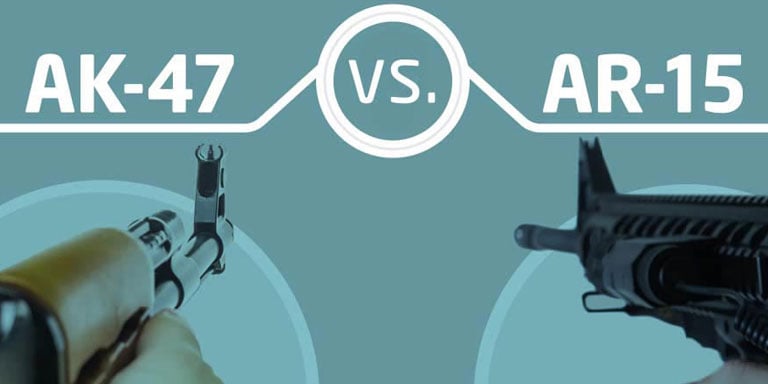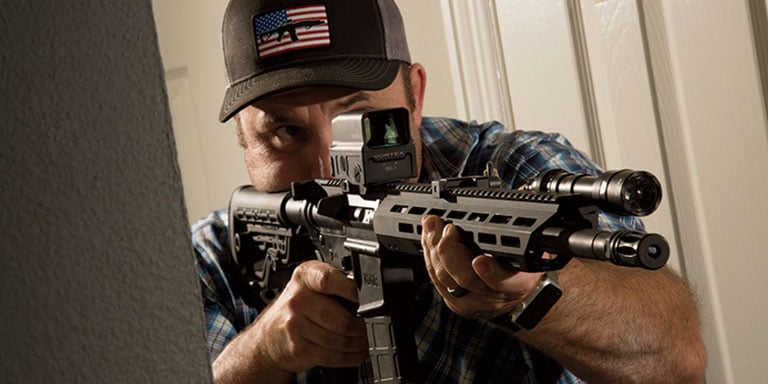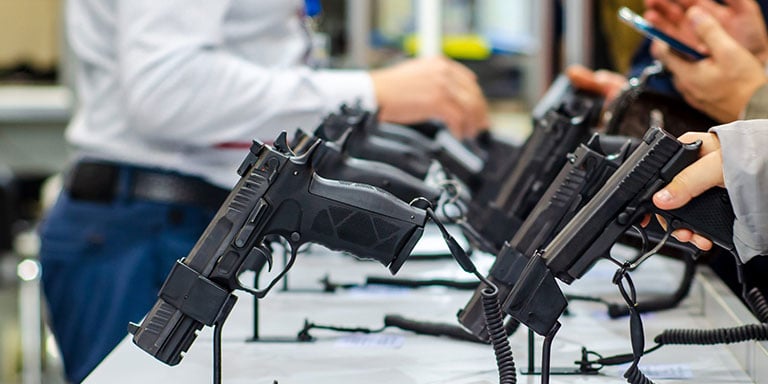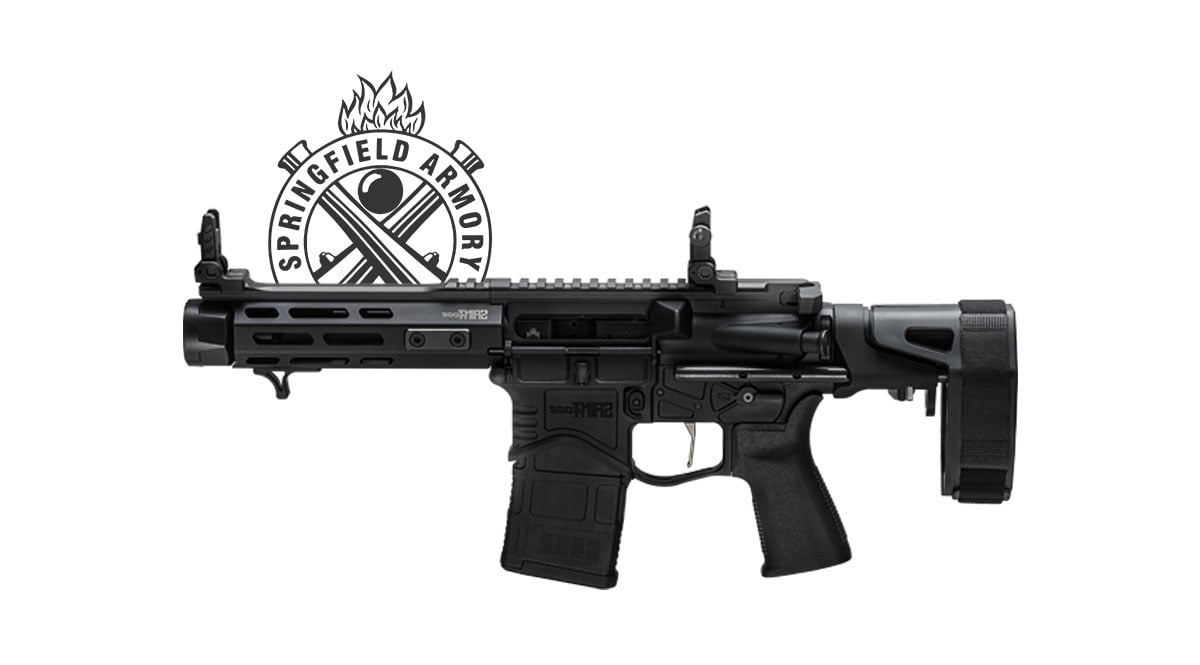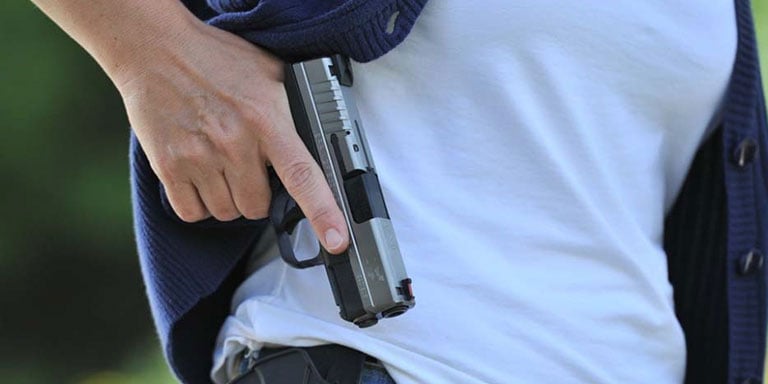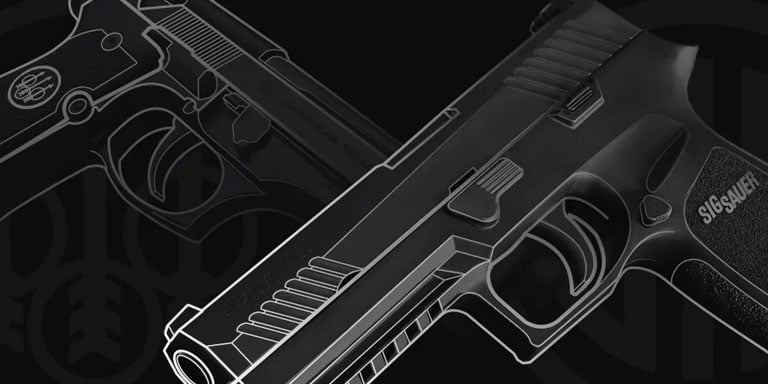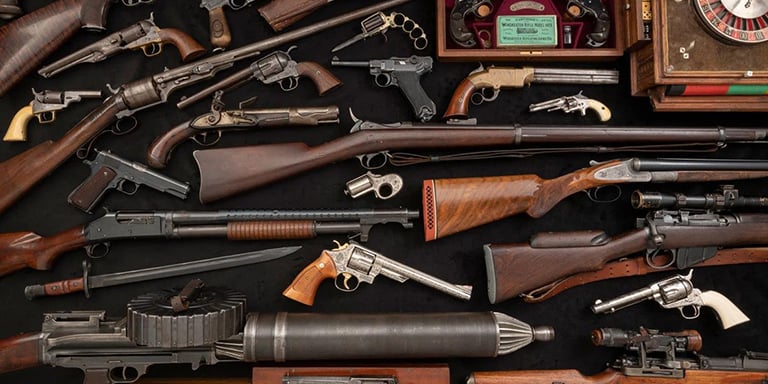
Collecting guns can be a very fun and fulfilling hobby or passion, but there are many things to consider before starting. It can be intimidating to begin. In this article, we cover how to get started, special considerations when adding to your collection and even tips for how to care for and store your firearm collection.
If you're more interested in buying a firearm for self-defense, be sure to check out our guide to buying your first handgun. Interested in concealed carry? Read up on how to choose a CCW handgun.
Types of Guns to Collect
First, consider the types of guns you may want to collect. Listed below are common categories that interest collectors.
Sporting Arms and Hunting Firearms
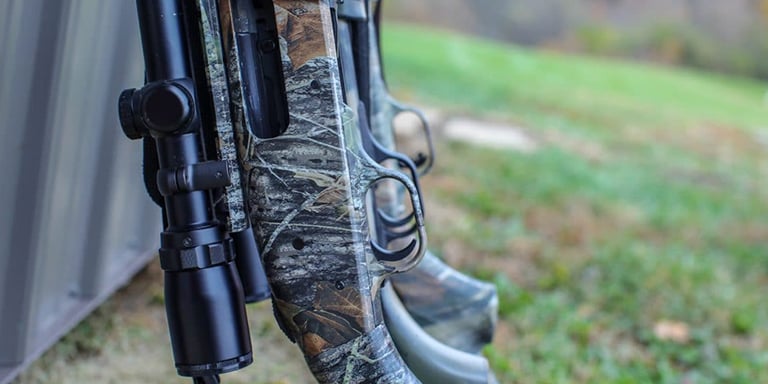
Whether it be a shotgun or a rifle, nothing is more American than having a few hunting guns that you can count on to put food on the table. What type of game you may hunt and where you live will dictate what type of guns are needed. For example, if you live in Alaska, it is essential that you have a large cartridge rifle, handgun or shotgun so you can properly defend yourself against any large four-legged animal that may attack you.
Firearms Used in Different Conflicts/Eras
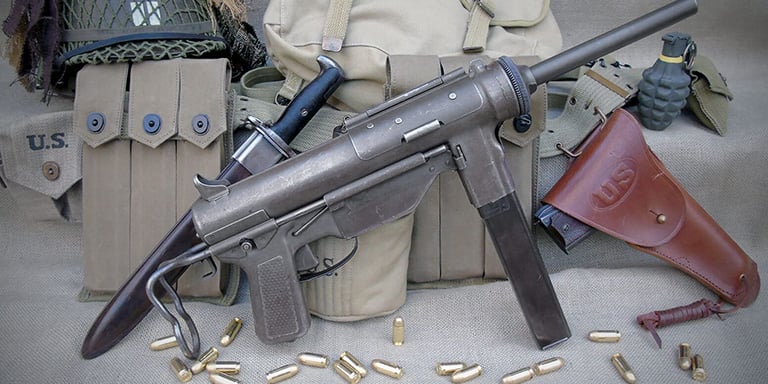
Eras like the World Wars, the Old West or the Cold War become a focus for many collectors. Many gun collectors who grew up watching westerns and John Wayne collect lever-action and single-action revolvers because that's what they saw in the movies they grew up on. Although movie guns are still popular, much of the younger generation seems to enjoy collecting guns they see in video games, whether it be the desert eagle or the M16/M4 series of rifles they have seen in many first-person shooters.
Guns by Countries of Origin
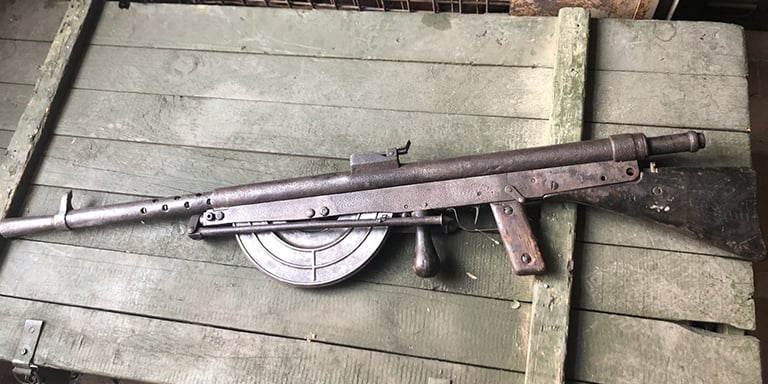
Many focus their collection on certain guns from a specific country. This can either be because they were from this country or they just find these guns very interesting. One of the most well-known gun collectors/historians, Ian Mccollum, mainly collects French firearms. He has stated that he simply finds them very unique. Ian owns many french weapons from the WW1 machine gun (the "Chauchat") to the modern precision sniper rifle (the FR F2) which is still used by the French military to this day.
Engraved Custom Guns
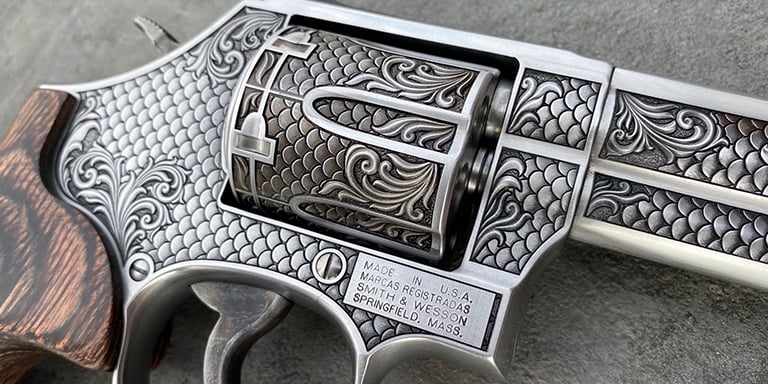
Many high-end and advanced collectors like to focus on collecting custom engraved guns, as they see them as works of art. These guns are very unlikely to be shot and are often displayed similarly to an art piece where many people can look at it and admire its beauty and craftsmanship.
Military Surplus Firearms
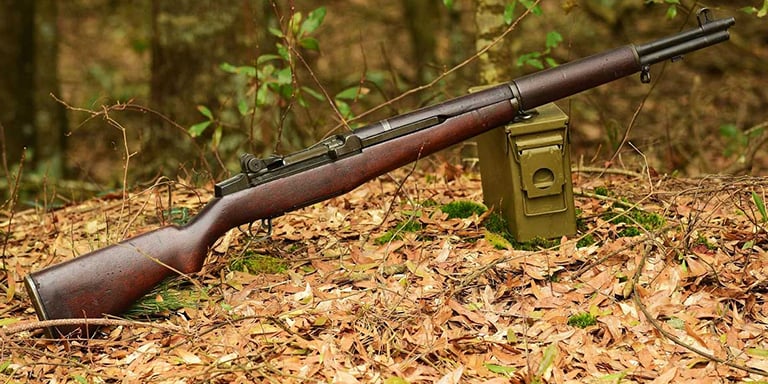
Military surplus firearms are a very popular category of firearms to collect, with some 20th and 19th-century military firearms demanding thousands of dollars. Some of these military surplus firearms were war souvenirs that were brought back (these types of guns are appropriately called "bring backs"). Oftentimes these "bring backs" are pinpointed due to their lack of importation mark. If they do have proper documentation, they often demand quite a premium and are highly sought-after by collectors.
Antique Guns
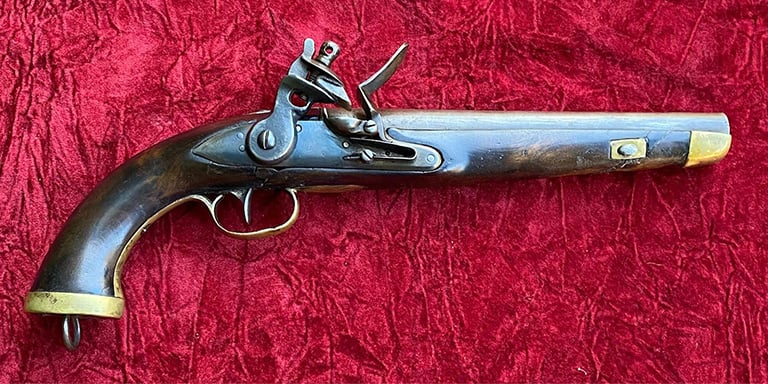
Antique guns are classified as guns made prior to 1898 and are less regulated than modern firearms both in the United States and other parts of the world. Due to this lack of oversight, they are very popular in places where firearms are usually very highly regulated, such as Europe. Antique guns like flintlocks and muskets often demand a high price tag due to their craftsmanship and centuries-old age.
Curio and Relic Firearms
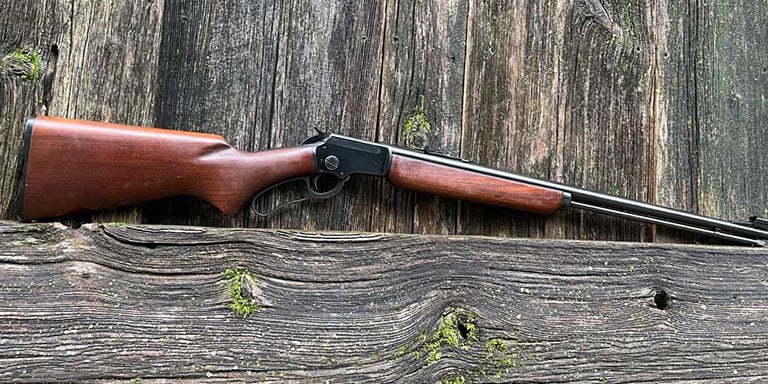
Curio and relic firearms are considered to be firearms that have a special interest for collectors. These are usually defined as firearms over 50 years old but not as old as an antique. Some examples of firearms that fall under this classification are military firearms like a German K98, an M1 Garand, or sporting firearms like a Winchester Model 94 or a Marlin 39A.
Firearms Made by Different Companies
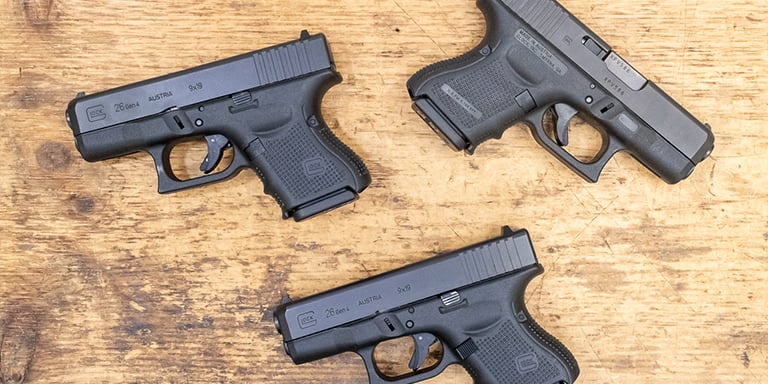
Some people like to collect firearms based on specific companies, whether it be Colt, Winchester, Heckler & Koch, Beretta, Smith & Wesson, etc. Many firearm companies have produced hundreds (if not thousands) of different types of firearms that it would take someone more than a lifetime to collect them all.
Guns by Classification
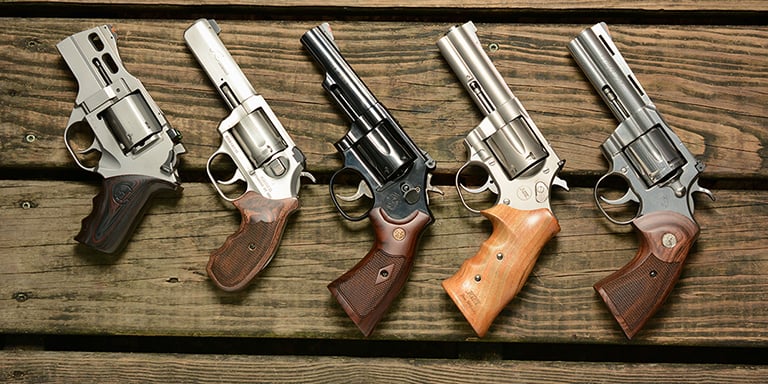
Many like to collect guns simply based on what type of guns they are, whether it be handguns or rifles or even something more specific than that. There are many great collections of just Colt or Smith & Wesson revolvers. With so many variations, it could take years and thousands of dollars to collect them all. Other people may just collect rifles, or even more specific bolt actions, lever actions or semi-automatics. It would take quite a while and lots of money just to collect all the variants of the M16/M4 or AK-47/AKM.
Budgeting and Price of Guns
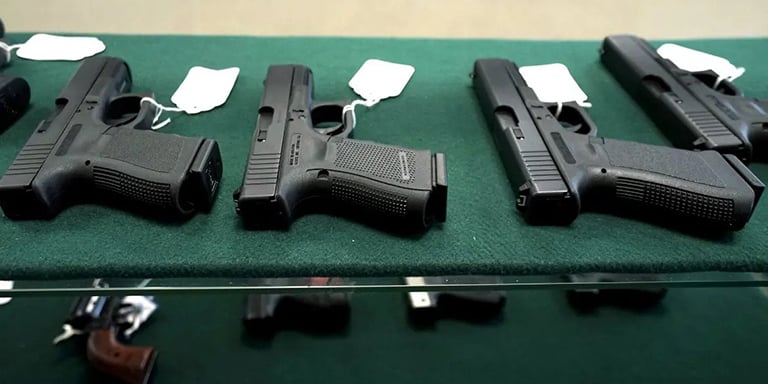
The next step is to determine your budget, because guns can be expensive. How much you are willing to spend will dictate what your collection will look like. Sometimes, your budget can limit what you can purchase, but we don't think that should stop you from becoming a gun owner. If you're watching your wallet, take a look at our list of best budget guns for new shooters to find a quality firearm on the cheap.
Demand
There are many factors that may determine the price of guns. Just like everything else, it usually depends on supply and demand. For example, guns of the Old West (like single-action Colts and original Winchesters) are highly sought-after by many people, so they demand a high price. Other desirable guns include German World War II firearms (MG42, Lugers, Mausers, MP40s), as they often demand big money in relation to other World War II firearms.
Rarity
How scarce or rare a gun is will also dictate its price. Most firearms collectors collect guns that have been made in the past and cannot be made anymore. Whether it's guns that were owned by historical figures like Elvis and Johnny Cash or notorious figures like Herman Goering or Al Capone, these guns are rare and often demand a massive price at auction houses.
Condition
The condition of guns will dictate their prices as well. In the world of gun collecting, NRA conditions and grading standards seem to be the most widely accepted standard for determining a gun's condition. Some people may refinish guns to make them look brand new like they just left the factory, so it's important to learn about guns so you can spot refinished ones. Also, back when many rifles were being brought into the country either as war souvenirs or for commercial sale, some would be sporterized (i.e. modified for civilian use), usually for hunting, as they were dirt-cheap at the time. Some of these rifles that were sporterized decades ago are now collector rifles, but, depending on the quality of the work, it can potentially detract from the value of the rifle.
Collecting Guns as an Investment
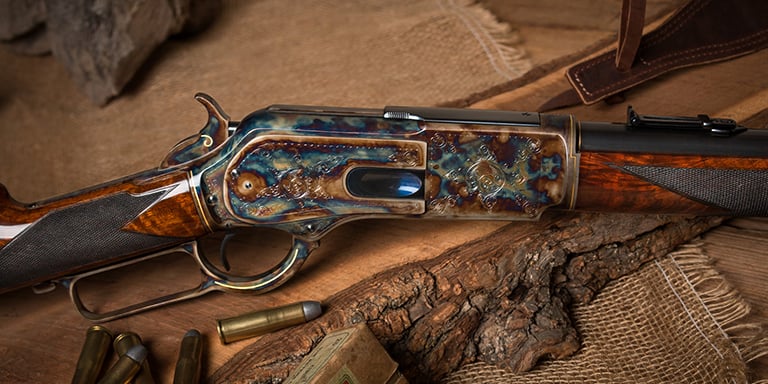
If you time the market and make smart decisions, like any other asset, guns can be a very good investment. With ever-changing gun laws from state to state and politicians calling for gun control after every tragedy, something as basic as your modern semi-automatic rifle might go up in value. But in general, these types of guns aren't considered investments by most buyers or collectors.
Some of the best gun investments in the past fifty years have been fully transferable machine guns. Yes — machine guns are legal to own in most states within the United States, but they are much more highly regulated than standard firearms you can buy at your local gun store. Fully transferable machine guns are machine guns made prior to 1986 that were registered with the federal government. No machine guns made after 1986 can be added to the registry, so there is a limited supply of machine guns that the public can buy. This has made machine gun prices skyrocket in the past 10-20 years. Entry-level machine guns such as the Reising M50, the Mac 10 or Uzi now demand prices of at least $7,000 and up to $15,000 depending on other factors like condition and accessories included. Belt-fed heavy machine guns like the Browning 1919A4, Maxim guns and the MG-34 usually start at around $15,000 and only go up from there.
Military surplus firearms have been a very popular investment for gun collectors in the past decades. Ever since gun collecting became a popular hobby in the United States, guns have been imported to meet demand. The best time to buy military surplus guns is shortly after they're imported. Oftentimes, political events and foreign relations impact what guns are being imported and where they are being imported from. For example, the fall of the USSR led to huge imports of Russian WW2, including Russian-captured German Mausers, SKSs, Mosin-Nagants and cheap surplus Russian ammo. Now that the stockpiles of these weapons are gone and no more are being imported in large quantities, their prices have gone up significantly. The days of $100-200 SKSs or Mosin-Nagants are over; they now demand a typical price of $400 to $1000 depending on the variant.
Things to Consider
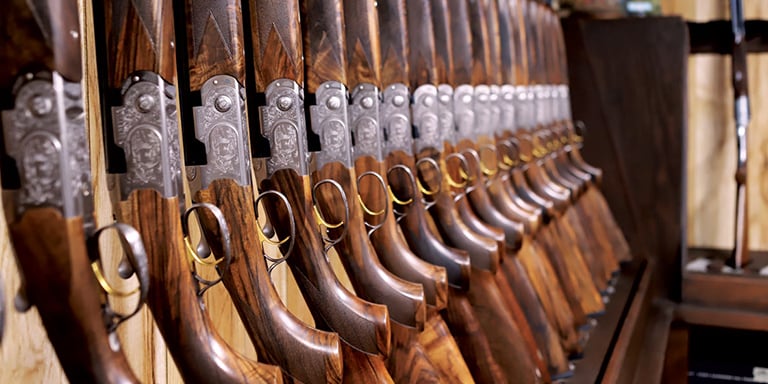
Collecting guns may seem easy at first: you research what you want, you find someone who sells it, you determine a good price and you make the purchase. There's a lot that goes into collecting guns beyond simply purchasing them, though — namely storage, maintenance and taking them to the range.
Storage
After budgeting and finding out the type of guns you want to collect, there are a few other considerations one should make when entering into this hobby. Gun collecting can be addictive, so you should make sure you have adequate storage for your new guns. Our best advice? Get a gun safe or a gun room to make sure the pieces that you spent a lot of money on are safe, and anyone who you do not want accessing your guns cannot access them.
Maintenance
Routine maintenance on collector/older firearms is more intensive and more important than on most modern firearms. Unlike many modern firearms, older guns are made of wood and steel and, if not protected, they could rust or get damaged more easily. It is advised that you lightly oil collector firearms or research proper maintenance techniques depending on the specific types of firearms you collect. Dehumidifiers in your gun safe or room can help minimize the effects that the elements have on your firearms.
Shooting Collector Guns
Some people prefer just to collect older guns, while other people think most of the fun is in shooting them. Prior to shooting your older guns, you should know that many well-aged firearms may use obsolete ammunition that is either expensive or very rare. If that's the case, it is best either to find a way to reload or manufacture some of your own ammo or just not shoot it at all.
Reloading modern or older cartridges can make shooting a very affordable pastime. It is important to know that many older guns may also require less powerful ammo, so reloading or using ammo that is made to original specifications would be preferred. The best example of this is the M1 Garand, which was designed for M2 ball, a particular loading of the 30-06 cartridge. The M1 is not suitable for most of the modern 30-06 ammo being made today; modern 30-06 ammo can even damage the rifle.
There are some military rifles that were rushed out of the factory so they could be delivered to soldiers as quickly as possible. As a result, they are not designed for long-term use, especially with modern ammo. A great example of this is the German Gewehr 43. It was rushed off the assembly line to defend Germany at the end of WW2, but it was not made to be shot decades later. Replacing the gas system of these rifles and shooting proper ammunition allows them to be shot recreationally and to hold up longer.
Shooting surplus ammo through these older firearms can be a good way to cut costs and shoot on a budget. It is important to know, though, that a lot of surplus ammo is corrosive and can damage the firearm — especially the bore — if not cleaned properly soon after firing.
Where to Buy Guns
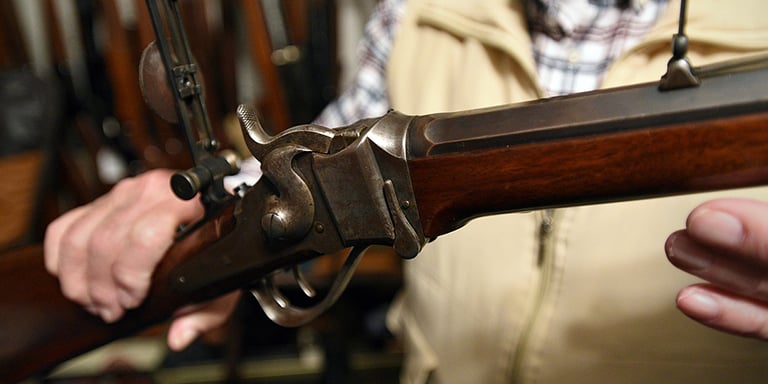
Ready to start your collection? Now it's time to begin researching, handling and buying firearms. The best place to start is your local gun stores or pawn shops to see if they have any firearms that may interest you. Many don't carry a large inventory of collectible firearms, so your next move should be to look up local gun shows that you can attend. Whether you shop at a gun show or at a gun shop, practicing basic gun safety and asking before touching any of the firearms for sale is a good idea.
The internet is your next best bet. There are local classified sites like Armslist where you can search for reasonably priced guns near you. Auction sites like GunBroker or Proxibid are also great online resources to expand your gun collection. These auction sites usually have a lot of traffic, and you are usually able to find the specific gun you want for your collection.
For the advanced gun collectors, auction houses like Rock Island and Morphy's Auctions offer very rare and highly priced firearms. These auction houses often allow a preview day where one can look and touch the firearms that they are interested in. They also have ways to submit bids or look at pictures of the firearms online.
Legal Implications and Gun Laws
It is important to know and understand the gun laws of the area/state in which you reside. Many states may not allow you to collect certain types of firearms. For example, one cannot own machine guns in California and other states. Some states may have "assault weapon" bans in place that can prevent you from collecting more modern semi-auto long arms. Also, laws like the "handgun roster" can prevent you from getting certain types of handguns in restrictive states like California.
A collector's license (Federal Firearms License 03, also known as Type 03 FFL) allows people to ship curio and relic firearms straight to their door from out of state and to buy curio and relic firearms across state lines. This allows you to bypass the FFL transfer fee. Type 03 FFL does not allow you to buy and sell guns for profit; it only allows you to buy or sell guns to expand your collection. If one wishes to get in the business of buying or selling guns for profit, then a Federal Firearms License 01 (Type 01 FFL) is required.
Expand Your Knowledge
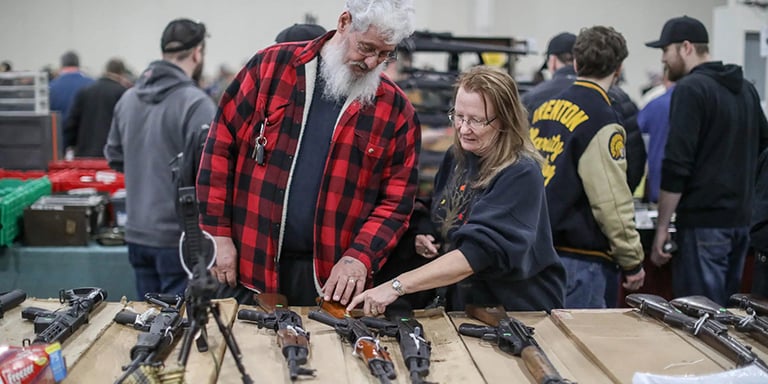
The best thing you can do when entering the world of gun collecting is to further educate yourself on firearms. You will quickly learn that it's a tough hobby without proper knowledge. There are many ways to learn more. The internet can provide a novice collector with proper information about guns they want or already own. Gun forums and videos on YouTube are some of your best resources to learn more about guns. TacticalGear.com has plenty of resources to learn from on the topics of firearms and shooting.
Firearm reference books that go deep into detail about firearms production numbers, early trial weapons and where and how these firearms were used are valuable resources, too. Just like cars, art or any other hobby, firearm museums exist. Popular locations like the Cody Firearms Museum, NRA Museums or the Royal Armouries in the UK have thousands of guns in their collections where one can actually see the guns they may want to collect or learn more about. Also, many states have gun collectors associations where you can meet like-minded individuals to talk to and learn more about guns.
Just like any other hobby or business, there are scammers in the gun collection world, so it is imperative that you are knowledgeable on the types of guns you want to collect. Usually, the higher the price of a certain collectible gun, the more likely it is to be a fake. It is well known that a lot of German WW2 firearms and military items are faked because of their high demand. WW2 German snipers are one of the most commonly copied firearms out there. It is so difficult to distinguish a real from a fake that it usually takes a consultation with an expert to tell whether or not the weapon is an original. Our gun buyer's guide to used firearms will help you to arm yourself with some knowledge in order to avoid a scam.
Despite hurdles like legalities and budgeting, collecting guns can be a very fun and fulfilling hobby that involves preserving history for generations to come. Once you decide the details on how to begin your collection, it only starts with one gun. Soon you'll find yourself buying more and more, and eventually you'll have a collection of your own.
Did you find this article helpful?


